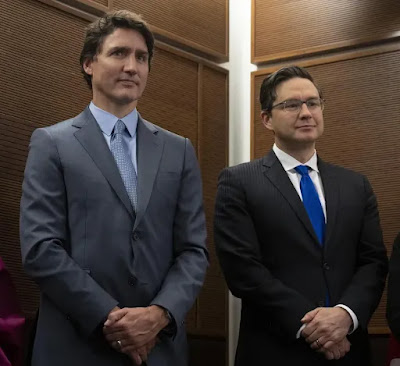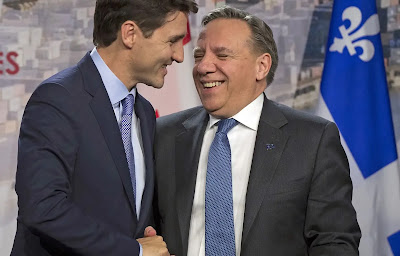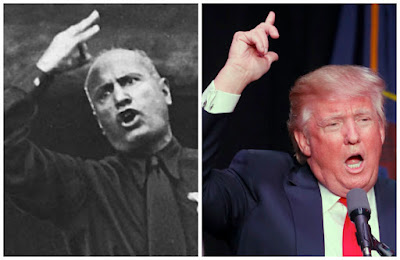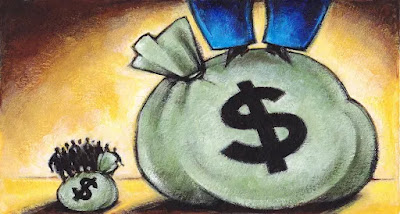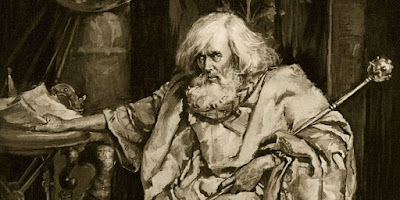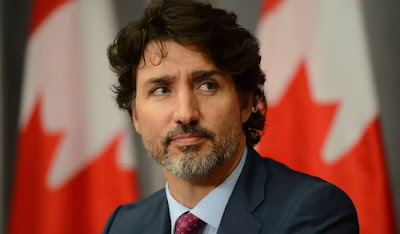Cracks are showing in the Conservative Party of Canada. Stephanie Levitz and Rob Benzie report that:
A hint of a triumphal smirk crept across Justin Trudeau’s face as he launched a partisan salvo at his fiercest rival.
“Pierre Poilievre, the leader of the Conservative Party of Canada — no relation to the Progressive Conservatives of Ontario, sorry, that was a joke, you can chuckle — came out and said that this project was a waste of money,” Trudeau said April 21 as he touted massive federal and provincial subsidies for the Volkswagen “gigafactory” near London, Ont.
Just steps away, Progressive Conservative Premier Doug Ford chortled at the prime minister’s quip, and returned the favour when he took the stage at the St. Thomas railway museum, noting “who cares about the political stripes, this is about people.”
But the cosy encounter did expose the schism between the federal and provincial Conservatives that’s been exacerbated by Poilievre’s election last year.
It’s the realist versus the idealist; the pragmatist versus the ideologue.
Ontario's PCs are not enamored of Poilievre:
“Pierre’s never been in business, he has no experience negotiating a deal so he doesn’t understand that this is the way it works,” noted one provincial Tory, who like some others interviewed for this story, spoke confidentially in order to discuss internal deliberations.
The premier, a successful businessman who every day calls and texts dozens of people from all walks of life, has privately wondered why Poilievre is “so right wing” and uncompromising on issues ranging from the pandemic response to economic development.
The federal Conservatives are now a Western party:
Among the reasons Poilievre is so beloved by so many within the federal party is that he’s seen as true to their roots; he comes directly from the Reform/Alliance wing of the party.
Both before, during and after his successful run for leadership, he’s focused on the need to shrink government’s involvement in people’s lives, and indeed shrink the size of government overall. His current theme is around the need to remove so-called “gatekeepers,” who he argues stand in the way of economic prosperity for citizens.
Some federal Conservatives say while Ford may lead a “conservative” party, they view him as a political opportunist content to bask in the celebrity aura of the Trudeau Liberals without caring about the foundational political principles of their ideology.
Poilievre, they argue, would never do as Ford has done — boost program spending and run up massive budget deficits that eclipse those under his Liberal predecessor. Time will tell what happens between Poilievre and Ford.
But, before Poilievre goes full tilt against Trudeau, he should tend to his own house.
Image: The Toronto Star


